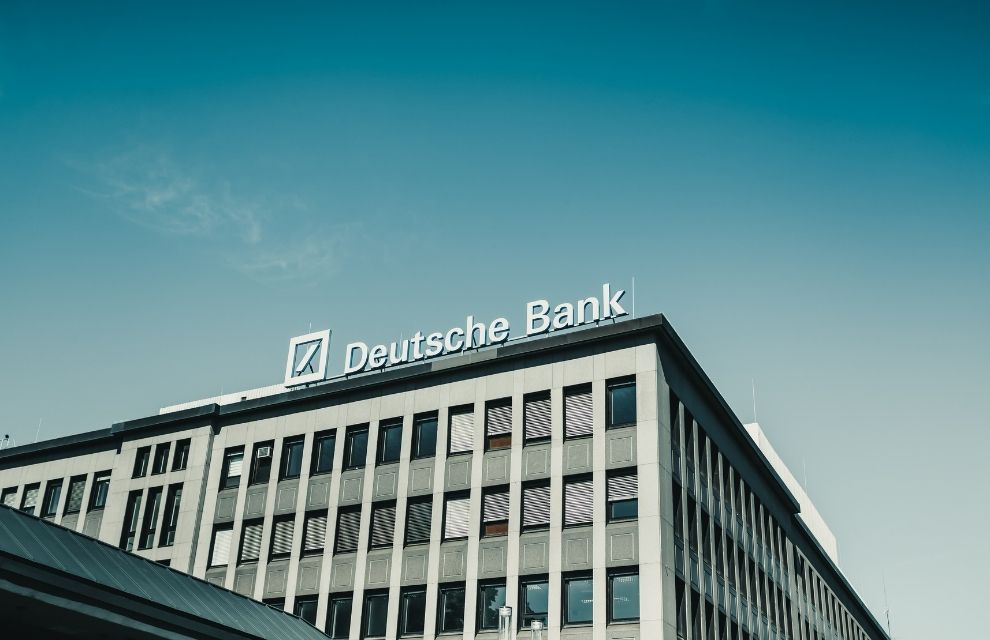Deutsche Bank has optimised its connectivity with India’s Unified Payments Interface (UPI), using its latest direct payment rails which, according to the bank, offers high transaction speed and a scalable platform.
The payment rails are designed to serve large merchants and payment service providers.
The bank now offers clients in India direct UPI collection services — enabling them to receive payments from customers.
According to the bank, the move aims to streamline payment acceptance, achieve higher collection efficiency, gain real-time visibility into transactions, and simplify reconciliation — while meeting local compliance requirements.
Developed by the National Payments Corporation of India, UPI is a real-time payment system that allows users to transfer money in real time between bank accounts using smartphone applications.
Launching UPI collection services will help the bank to “maximise the significant opportunity in the digital payment sector in India”.
UPI is currently recognised by seven other countries globally, including Singapore, France, and the United Arab Emirates, with several others expected to follow suit this year.
Through a single connection to Deutsche Bank’s Merchant Solutions platform, merchants gain access to UPI alongside cards and other local payment methods.
Merchants can accept UPI through dynamic or static QR codes, collect requests and pay?by?link, with real?time status updates delivered to their systems or viewed in a self?service portal.
Consolidated settlement and normalised reports accelerate reconciliation, and the platform is engineered to support India’s data?localisation and governance requirements, the firm says.
Oliver von Quadt, global head of Merchant Solutions — Acceptance at Deutsche Bank, says: “We see significant potential to continue to grow our merchant solutions business in India, while still early days, we are seeing significant interest from our corporate clients and PSPs on this offering with the objective of improving the overall customer experience.
“UPI is the way of the future for digital payments in India, and daily transactions are expected to reach 1 billion in the next few years, which presents us with significant opportunities.”
 Image: Brebca/stock.adobe.com
Image: Brebca/stock.adobe.com 